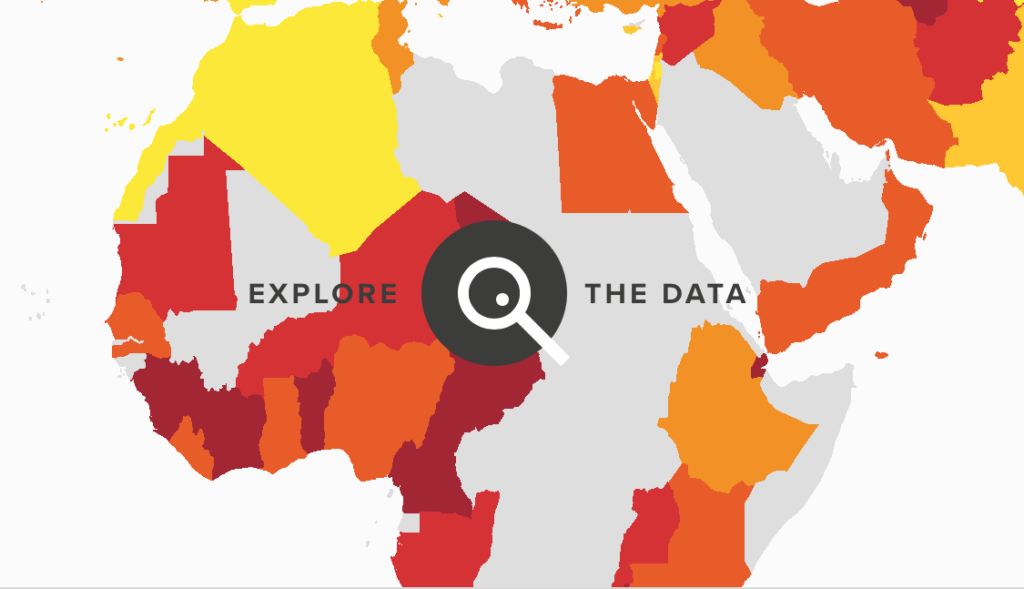Happy Planet Index: 2012 Report
Measuring what matters – sustainable wellbeing for all
14 June 2012
The Happy Planet Index (HPI) measures what matters: sustainable wellbeing for all. It tells us how well nations are doing at achieving long, happy, sustainable lives.
There is a growing global consensus that we need new measures of progress. It is critical that these measures clearly reflect what we value – something the current approach fails to do.
The third global HPI report reveals that this is largely still an unhappy planet – with both high- and low-income countries facing many challenges on their way to meeting this same overall goal. But it also demonstrates that good lives do not have to cost the Earth – that the countries where wellbeing is highest are not always the ones that have the biggest environmental impact.
The HPI is one of the first global measures of sustainable wellbeing. It uses global data on experienced wellbeing, life expectancy, and Ecological Footprint to generate an index revealing which countries are most efficient at producing long, happy lives for their inhabitants, whilst maintaining the conditions for future generations to do the same.

This simple headline indicator gives a clear sense of whether a society is heading in the right direction. It provides a vital tool for policymakers to ensure fundamental issues are accounted for in crucial policy decisions.
At heart, the HPI is a measure of efficiency. It calculates the number of Happy Life Years achieved per unit of resource use.
This year’s results:
- Confirm that we are still not living on a happy planet with no country achieving high and sustainable wellbeing and only nine are close to doing so.
- Note that eight of those nine countries are in Latin America and the Caribbean.
- Show the highest ranking Western European nation to be Norway in 29th place, just behind New Zealand in 28th place.
- Place the USA in 105th position out of 151 countries.
- Demonstrate how the scores of high-income countries are brought down considerably by their large Ecological Footprints.
The HPI is a headline indicator that provides an overall picture, but countries which do well on the HPI can still suffer many problems. Other indicators will also be necessary to fully assess how societies are doing. NEF has developed a measurement framework of which HPI is one component; it sits alongside other measures such as economic performance and environmental pressure.
In a world of dwindling resources, efficiency has to sit at the heart of our approach. For this reason we believe the HPI should be used as a headline indicator of progress. That there is a need for a new indicator like it cannot be questioned.
Explore the data at www.happyplanetindex.org
Topics Wellbeing







